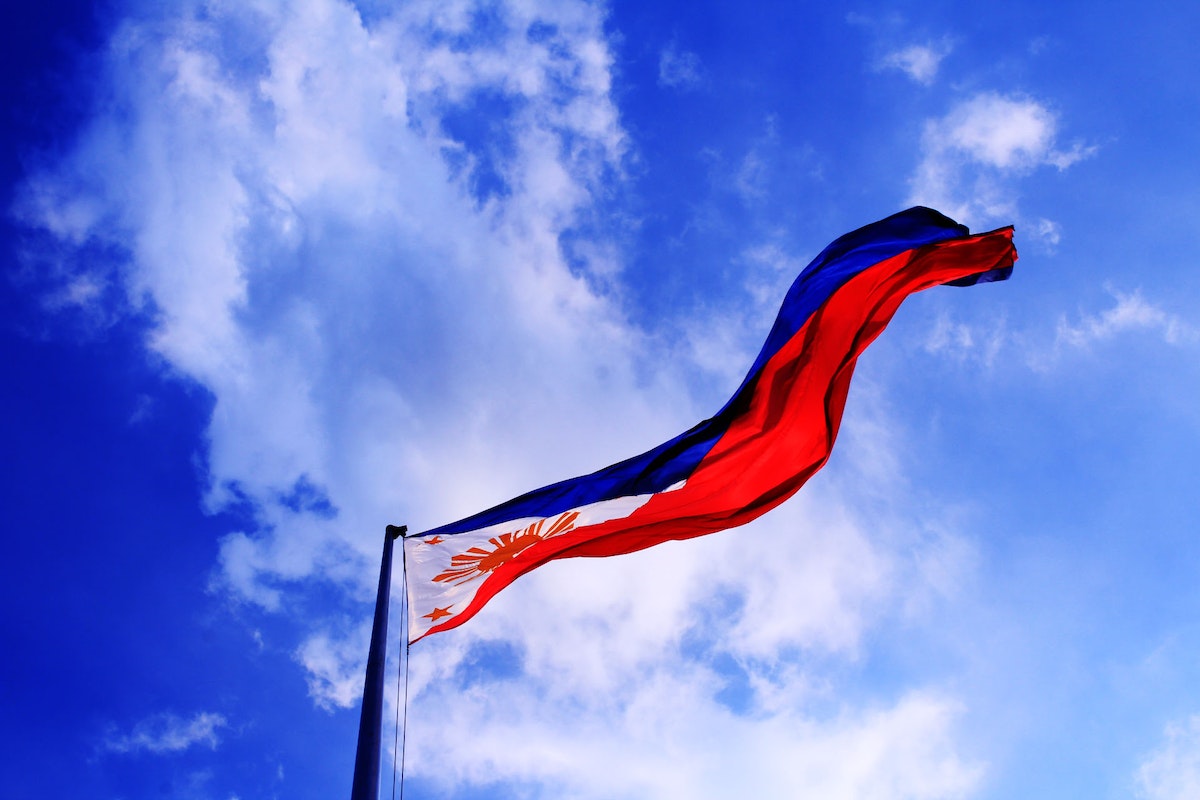If you’re thinking of moving to the Philippines or have already made the jump, it’s important to be aware of the challenges you’ll likely face. Adjusting to a new environment can be difficult, but with a bit of preparation, it can be much easier. By preparing for the challenges ahead of time, you’ll be able to adjust more easily and enjoy your time in the Philippines. Here’s what you should know about living in the Philippines:
Housing
One of the first things you’ll need to do when moving to the Philippines is to find a place to live. If your work is in Metro Manila, it would be more convenient for you to live nearby. This will help you save up on transportation costs daily. But if you also want better access to various commercial establishments, such as malls, then you can live in Mandaluyong, which is known as the “Shopping Mall Capital of the Philippines“. This will help you balance your work and social life better. Hence, finding suitable housing is a must. Within this city, you can choose from available condos, houses, and apartments. But suppose you live alone and want a low-maintenance living space. In this case, you should find a condo for sale in Mandaluyong that can provide you with convenience for your work and allow you to explore the area further and shop to your heart’s content.

Transportation
For short trips, you can use tricycles or jeepneys. Tricycles are small motorcycles with a sidecar, while jeepneys are minivans converted into small buses. Both options are affordable, but they can be crowded, especially during rush hour. For longer trips, you can use buses or taxis. Buses are generally slower but more affordable than taxis, while taxis are faster but more expensive. Aside from these options, you can also use Grab, a ride-hailing app similar to Uber. You can use Grab for short and long trips, and it’s a convenient way to get around, especially if you’re unfamiliar with the area.
Weather and Climate
The first thing you’ll notice when you arrive in the Philippines is the climate. The weather is hot and humid year-round, so it’s important to be prepared for the heat. This is why many Filipinos carry fans with them everywhere they go. It’s also a good idea to wear light, breathable clothing and to stay hydrated. You should always bring a water bottle with you, especially if you commute. However, there are also rainy months, usually between June and October, so it’s always better to carry an umbrella during this time because the weather in the Philippines can get unpredictable. For example, it could be hot and sunny at noon but rain heavily in the evening.
Culture and Language
The Philippines is a very welcoming and hospitable country. The people are friendly and helpful, and you’ll quickly make friends, especially since almost everyone speaks English. So even if you don’t understand the local language, communicating with others wouldn’t be difficult. However, learning common Filipino words or phrases would still be helpful. You will likely need this in certain situations. For example, when riding a jeepney, you say “Bayad po“ to respectfully ask strangers to pass your fare to the driver in front. You would also have to learn to say “Para po“ to tell the driver to stop the jeepney so you can get down. Knowing these words can help when you use public transportation or when you’re out and about in the city.
Social Customs When Eating
When adjusting to life in the Philippines as an expat, it’s important to be aware of the social customs. Filipinos are friendly and hospitable people who often go out of their way to make you feel welcome. However, you should keep a few things in mind when interacting with locals. If you’re invited into a Filipino’s home, it’s considered polite to take off your shoes before entering unless they tell you that you can keep them on. You should also avoid sitting at the head of the table because this seat is for your host or the most senior member of their household. When it comes to eating, if your host offers you a specific viand from the table, it’s best to accept it, as refusing may offend them.
Knowing what to expect can help you get used to the new environment quickly if you’re looking to move to the Philippines. Remember that every person adjusts differently, so don’t be discouraged if it takes longer than expected to feel at home. The most important thing is to be patient and embrace the local culture.

